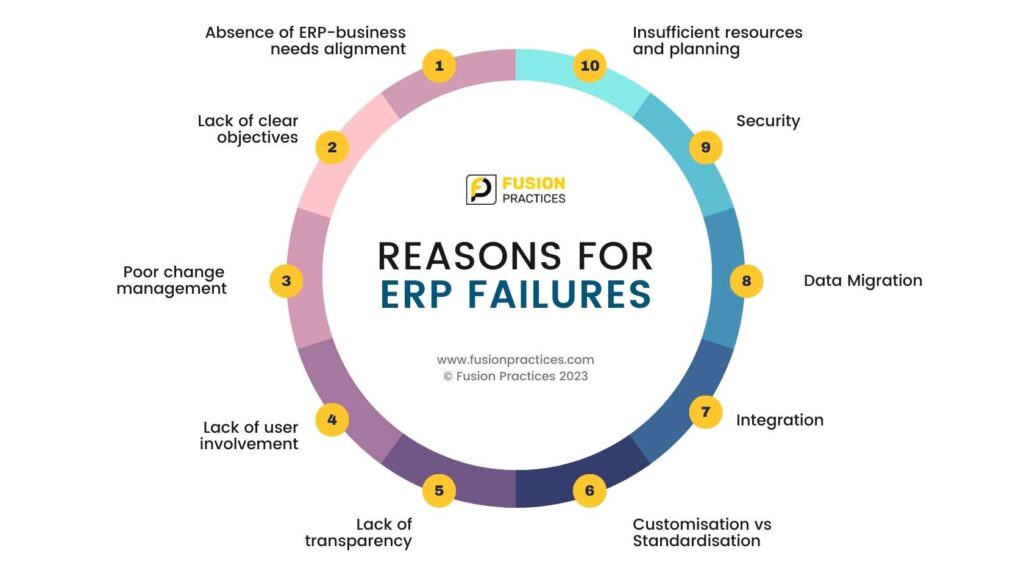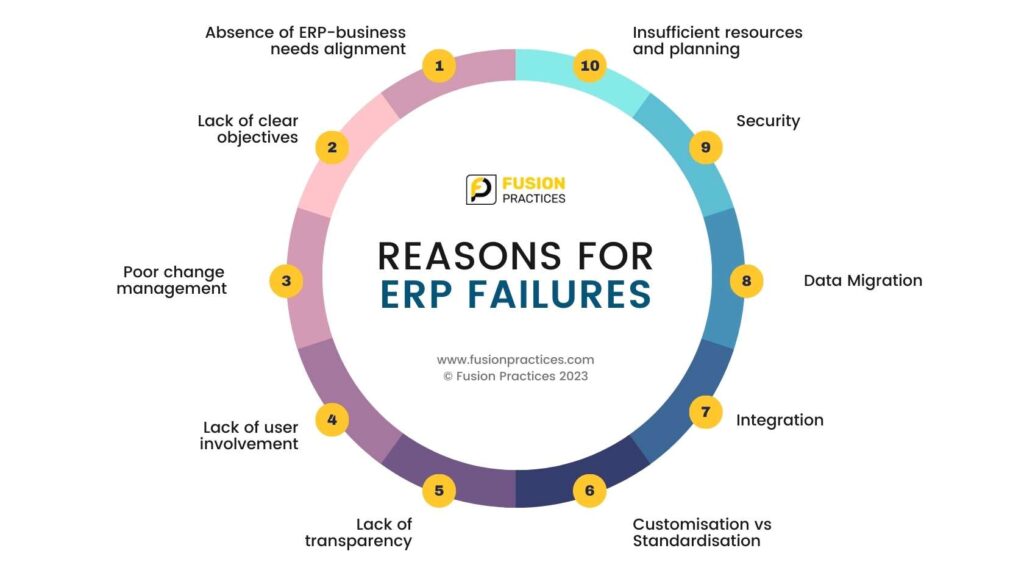Implementing new IT systems such as ERP or CRM can transform an organization, but poor planning or execution often leads to failure. Many businesses underestimate the challenges, resulting in costly delays and inefficiencies. In this guide, we’ll highlight the key steps to avoid common implementation failures and ensure long-term success.
Singleclic, a leading IT solutions provider since 2013, specializes in delivering tailored ERP, CRM, low-code development, cloud hosting, and cybersecurity solutions to help organizations across various industries achieve seamless digital transformation.
👉 For a deeper look at proven strategies, check our main guide: Implementation Success Strategies for IT Systems.
Why Do Implementations Fail?
Many projects fail not because of the technology itself but due to organizational and planning issues. Common causes include:
- Unclear objectives – Businesses often implement systems without a clear roadmap.
- Resistance to change – Employees may push back if they are not involved in the process.
- Poor data migration – Inaccurate or incomplete data creates major disruptions.
- Lack of leadership support – Without strong management backing, initiatives lose direction.
- Underestimating costs and timelines – Failure to plan budgets and resources accurately leads to setbacks.
Steps to Avoid ERP and CRM Implementation Failures
1. Define Clear Business Goals
Every successful project starts with specific, measurable objectives. Companies must outline what they want to achieve, whether it’s process efficiency, cost reduction, or better customer relationship management.
2. Involve Key Stakeholders Early
From executives to end-users, engaging stakeholders ensures everyone understands the project’s value. This reduces resistance and improves adoption rates.
3. Ensure Proper Data Migration
Clean, structured data is critical. Invest in data validation and cleansing before migration to prevent errors that could disrupt operations.
4. Provide Comprehensive Training
Employees should feel confident using the new system. Ongoing training and support help reduce resistance and improve long-term ROI.
5. Partner with Experienced IT Providers
Working with an experienced provider like Singleclic ensures that your project benefits from proven methodologies, industry expertise, and 24/7 technical support.
Tips for Avoiding Common Implementation Mistakes
- Don’t rush the process – Implementation should be phased and carefully managed.
- Monitor progress regularly – Use KPIs and performance dashboards to measure success.
- Plan for scalability – Choose solutions that grow with your business needs.
- Invest in change management – Address cultural and behavioral challenges, not just technical ones.
People Also Ask
How to avoid ERP implementation failure?
You can avoid failure by setting clear goals, engaging stakeholders, ensuring proper data migration, and providing adequate training.
What could be the top 5 reasons that cause the failure of ERP implementation?
- Lack of executive support
- Poor project management
- Insufficient training
- Inaccurate data migration
- Resistance to change
Why does implementation fail?
Implementation often fails due to misaligned goals, poor communication, unrealistic budgets, or underestimating complexity.
Which of the following is a tip for avoiding common causes of failed enterprise system implementations?
Engaging stakeholders early and maintaining transparent communication are key tips for avoiding failure.
Conclusion
Avoiding implementation failures requires planning, collaboration, and strong technical expertise. By focusing on clear goals, effective change management, and partnering with experts like Singleclic, businesses can achieve a smooth digital transformation journey.







